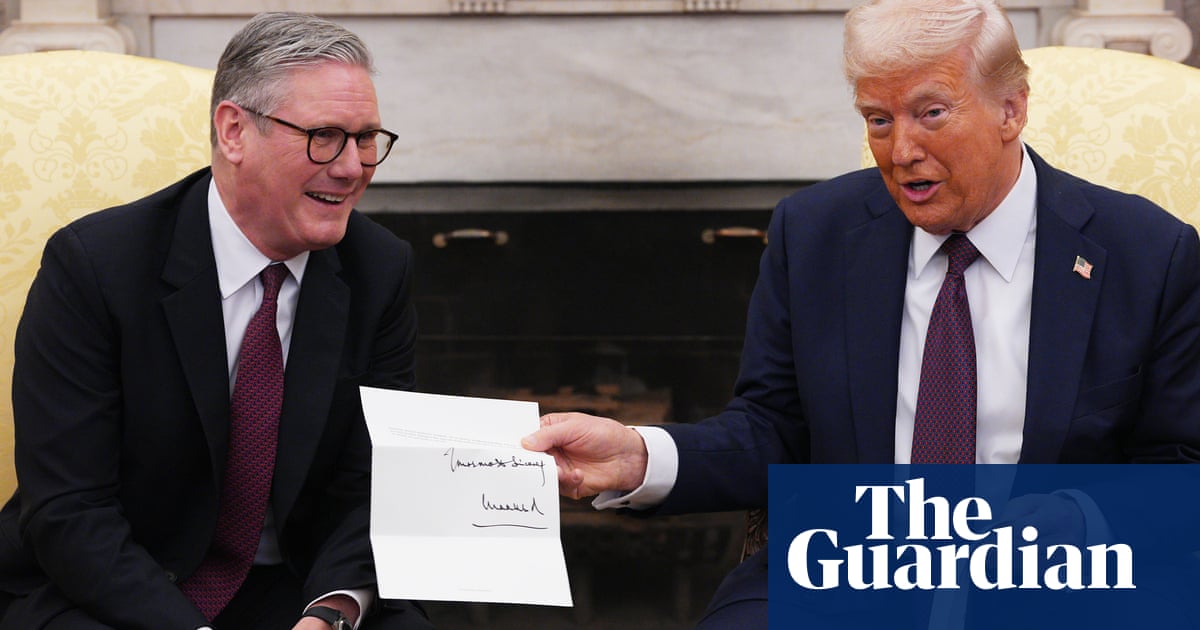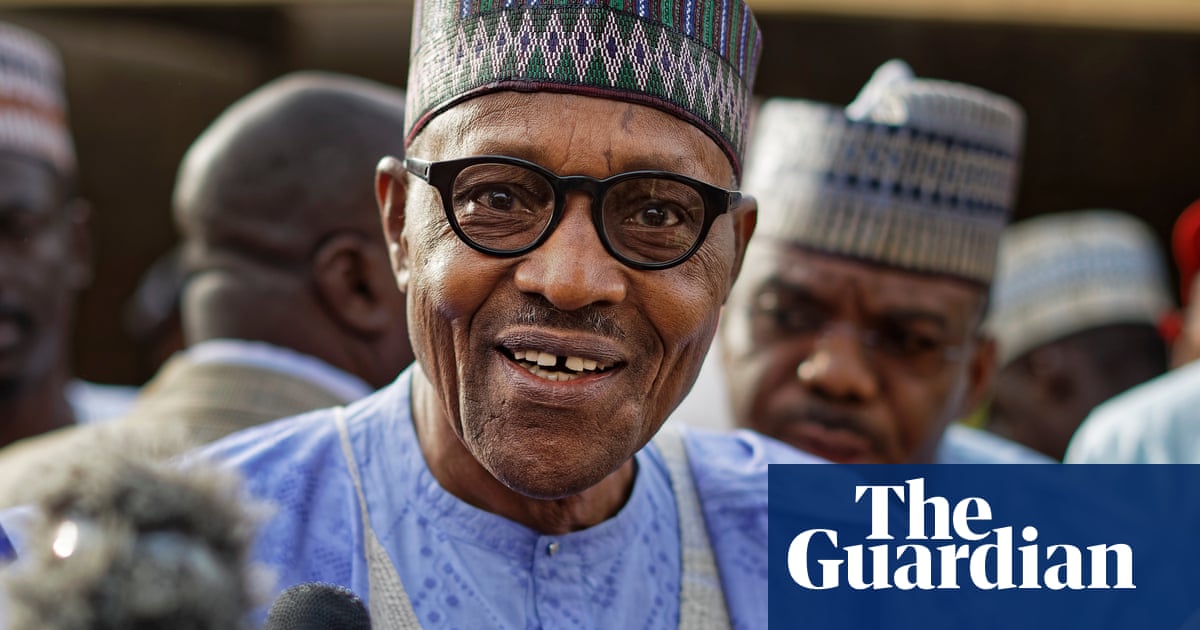The French president, Emmanuel Macron, has called on the EU to “defend European interests resolutely” after Donald Trump threatened to impose 30% tariffs on nearly all imports from the EU.
It came as the EU moved to de-escalate tensions after the blunt move by Trump on Saturday. The bloc declared a further pause on €21bn of retaliatory tariffs until 1 August, dovetailing with the US president’s new deal deadline.
At the same time, the European Commission president, Ursula von der Leyen, and the Indonesian president, Prabowo Subianto, announced a “political agreement” on a free trade deal on Sunday, ending nine years of negotiations.
Indonesia, one of the fastest-growing economies in the world, had recently come to the view that the EU, despite its hostility to regulation, was a more stable partner than the US, said one diplomat.
The EU has stepped up its efforts to forge new agreements with South American and Asian partners after Trump blew up the world’s trading system, with hopes that deals with India, Thailand and others can be concluded by year end.
Macron said the EU should be ready for a trade war and to stand up to the US president, who was only last week expected to approve a 10% tariff agreement in principle with the bloc.
“It is more than ever up to the commission to assert the union’s determination to defend European interests resolutely,” Macron said on social media. “In particular, this implies accelerating the preparation of credible countermeasures, by mobilising all the instruments at its disposal, including anti-coercion, if no agreement is reached by 1 August.”
Other European leaders called for calm, including in Italy, the Netherlands, Germany and Ireland. But reflecting the shock around the bloc over Trump’s threat, the influential Federation of German Industries (BDI) said Trump’s announcement was “a wake-up call for the industry on both sides of the Atlantic”.
Macron’s call for trade war readiness came in contrast to Berlin, which urged a “pragmatic” response. “The EU now must, in the time that remains, negotiate in a pragmatic manner a solution with the United States,” Germany’s economy minister, Katherina Reiche, said in a statement. “A pragmatic outcome to these negotiations must be reached quickly.”
Giorgia Meloni, the prime minister of Italy, who enjoys good relations with Trump, said in a statement she trusted “a fair agreement” could be reached. “It would make no sense to trigger a trade war between the two sides of the Atlantic,” she said.
The Dutch prime minister, Dick Schoof, said on social media the EU “must remain united and resolute” in its aim to reach a “mutually beneficial” deal with the US.
Ireland’s deputy prime minister, Simon Harris, said: there was “no necessity to escalate the situation”. Trump has previously accused Dublin of stealing US business by luring in tech and pharma companies.
The EU ambassadors team were debriefing member states on Sunday afternoon on the latest developments.
Von der Leyen warned on Sunday: “We will continue to prepare for countermeasures, so we are fully prepared,” while describing the Indonesia deal as a “huge milestone” that would help diversify markets. She also said the EU would continue to simplify the single market to “deepen” the opportunities within the bloc for trade, “because this is our safe harbour”.
Ambassadors are to meet in Brussels on Sunday to discuss tactics before a scheduled summit of trade ministers on Monday, where divisions in approach may be underlined.
The threat of a 30% tariff is being seen as a negotiating tactic, but behind the scenes there is fury, with many viewing it as a dangerous transatlantic game at a time of grave global instability.
Trump’s latest salvo is in line with his April “liberation day” claim that the EU was charging unfair duties of 39% on US imports, an analysis widely discredited, with EU officials pointing to an average of about 2.5%.

Some MEPs have warned that if they start accepting “illegal” tariffs as the new norm, Trump will just come back for more. “It is matter of showing the EU is not a victim, is not paralysed in itself or scared,” the Italian MEP Brando Benifei, a member of the international trade committee, said last week.
Germany’s Association of the Automotive Industry warned about the prospect of rising costs for carmakers and suppliers and said it was “regrettable that there is a threat of a further escalation of the trade conflict”.
Germany’s car industry is already reeling from the 25% hike in tariffs on exports to the US on top of the pre-existing 2.5%, while its steel industry is having to cope with punitive tariffs of 50%.
It is understood the agreement in principle that was on Trump’s table offered potential tariff relief for any European car manufacturers with plants in the US, which included Mercedes-Benz, BMW and Volkswagen along with the Swedish brand Volvo.
But lLast week the Swedish finance minister called the agreement “really bad” while at the same time saying that some economic pain was inevitable.
The EU-US trade is worth €1.4bntn a year but just three countries – Germany, Italy and Ireland, with its large multinational pharma sector – export more to the US than they import.

 10 hours ago
4
10 hours ago
4

















































